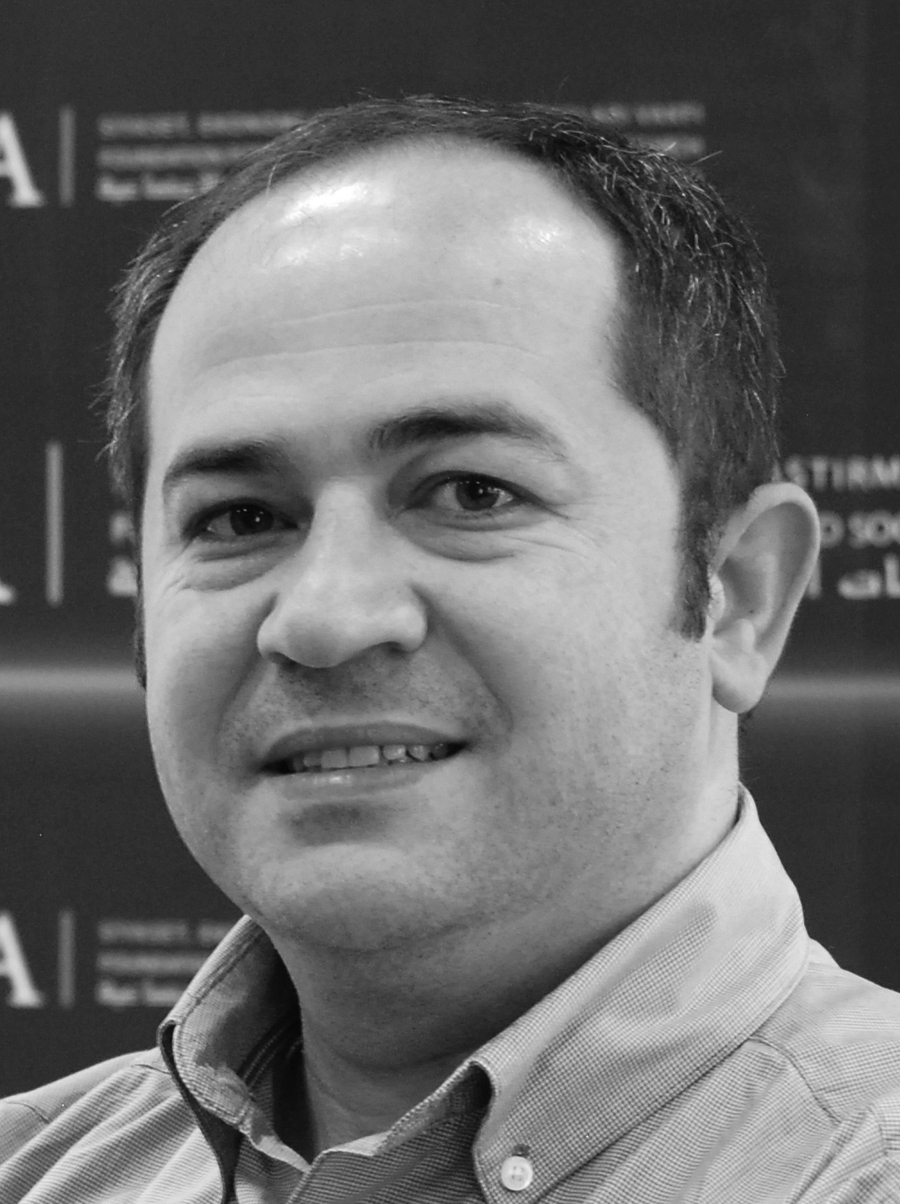There has been a heated debate on the Specially-authorized courts recently. The debate revolves around two dimensions: legal and political. The first has to do with the role of specially-authorized courts in the constitutional state and whether they serve as a democratic legal instrument. The second dimension of the debate is related to their performance in eliminating the threat of military coup and their role in strengthening democracy.
Because these courts enjoy special authorities, many jurists—who analyze the specifically-authorized courts from the perspective of their role and function in the constitutional state—equate specially-authorized courts with Independence Courts, Military Commissions and State Security Courts, considering them a product of a “disadvantageous” political-legal mindset that tries to eliminate enemies through safeguarding the interests of the state. Focusing on the similarity between the judiciary mechanisms, this legal dimension draws an analogy between the specially-authorized courts and other extraordinary courts, thus considering them as disadvantageous to the democratic system.
On the other hand, the political dimension—which prioritizes the aims of these courts and actors, institutions and mindsets that they targeted—can differentiate the specially authorized courts from others. While courts such as Independence Courts and State Security Courts aim to eliminate alternative political actors and political opportunities for the sake of strengthening the tutelary political order, the specially authorized courts try to revoke privileges granted to tutelary actors and institutions in order to weaken the tutelary political system and strengthen the democratic political order. In other words, the specially-authorized courts mainly differ from their predecessors in that they aim to strengthen the democratic system through eliminating the tutelary political order.
The fact that the specially-authorized courts weaken the tutelage and strengthen the democratic order has to do with the political process. When the struggle between the tutelage and democracy was brought to the top of the political agenda due to the courage and determination of all actors contributing to the politics, ranging from the media to civil society and from the state to the Parliament, the specially authorized courts possessing many anti-democratic characteristics began to contribute to the strengthening of democratic political order. In this sense, the political tendency and determination shaped the context of the specially-authorized courts. This context paved the way for the specially authorized courts to gain democratic legitimacy in the eyes of people.
In other words, what democratically legitimizes the “special” condition of the specially-authorized courts is that actors and institutions that these courts targeted are granted with privileges that pose a problem for the democratic system in tutelary legal order.Because the ordinary judicial mechanism would not be able to revoke privileges granted to tutelary actors, threats to the democratic political order, or hold tutelary actors accountable, “special” authorities did not pose a problem. In this sense, the role and legitimacy of the specially-authorized courts is related and limited to their position regarding the struggle between tutelage and democracy. As a matter of fact the specially-authorized courts received support when they brought many “privileged” actors and institutions to justice.
The unanimity of the political will, social support and judicial process weakened the actors, institutions and mindset of the tutelary system while at the same time strengthening the political system. Those who did not even bother to come to the Parliament a decade ago were brought before a judge and put in prison. These are undeniable developments towards strengthening and stabilizing democracy in
